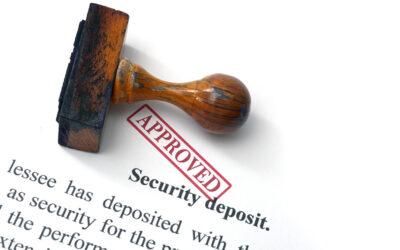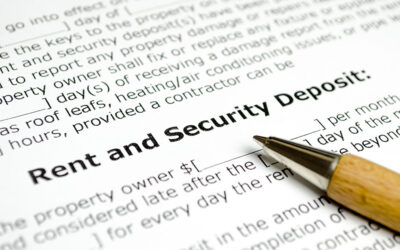As a Landlord in the Commonwealth of Massachusetts, it is important to be cognizant of Fair Housing Laws as they relate to discrimination and the implementation of reasonable accommodations and/or reasonable modifications. Fair Housing laws prohibit discrimination on grounds of disability, and also requires Landlords to allow an individual with a disability equal use and enjoyment of their Unit.
Under Fair Housing Laws, an individual with a disability is one who possesses a physical or mental impairment that substantially limits one or more major life activities, who is regarded as having such an impairment, or with a record of such impairment. As such, a reasonable accommodation can often times be required in order for such a resident to use and enjoy their housing equally to a resident who does not possess such disability. Such reasonable accommodation may mean a change in policy, rules, or practices that enable a person with a disability to be afforded such an equal opportunity to use and enjoy the Unit. For example, some reasonable accommodations may include assigning a closer parking space to a resident with mobility issues, making an exception to pet policies to allow an individual to have a service dog or emotional support animal, or providing notices in large print to a resident with visual impairments. It is important to note, these accommodations must be practical and reasonable, and pose no undue burden to the Landlord. It is also solely up to the resident to ask for such accommodation.
Similarly, a reasonable modification is a request made by a resident for a structural change to existing premises that allows equal access and full enjoyment of a Unit to a person with a disability. Some reasonable modifications may include lowering kitchen cabinets for a person using a wheelchair, installing grab bars in a shower and by a toilet for a tenant who has a high fall risk, or installing a visual fire alarm for a tenant who is hard of hearing, or deaf.
These requests for reasonable accommodations or modifications can be made verbally or in writing. Importantly, if the need for such accommodation or modification is not obvious, a Landlord can ask for confirmation or documentation from a resident’s medical professional which links the resident’s request with their disability or limitation. The request should then be fully evaluated on a case-by-case basis, with a final, clear decision then made by the Landlord and communicated to the resident.
Ultimately, it should be recognized that Fair Housing Laws recommend and encourage the engagement between Landlords and residents with respect to any requests for a reasonable accommodation or modification. This process should be collaborative and interactive with respect to requesting, reviewing, and granting any requests so as to keep the process transparent and allow for the discussion of alternatives should one need to be discussed and/or implemented.
If you have questions or would like to discuss these matters, please contact Drayton Law at 508-618-7270.
This blog is for informational purposes only. It should not be considered legal advice. All those who read this blog should seek the advice of a professional before taking action based upon any information provided herein.








